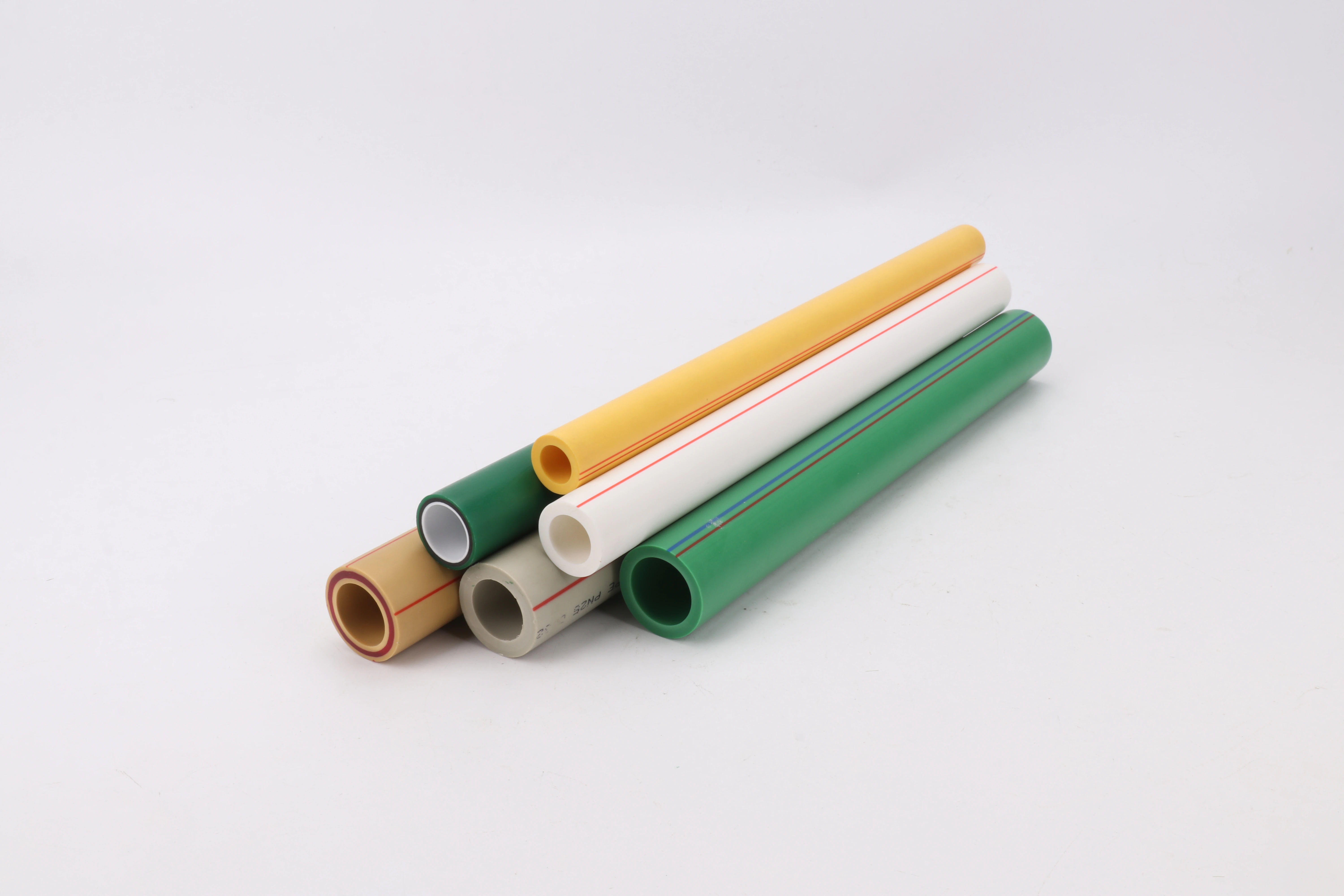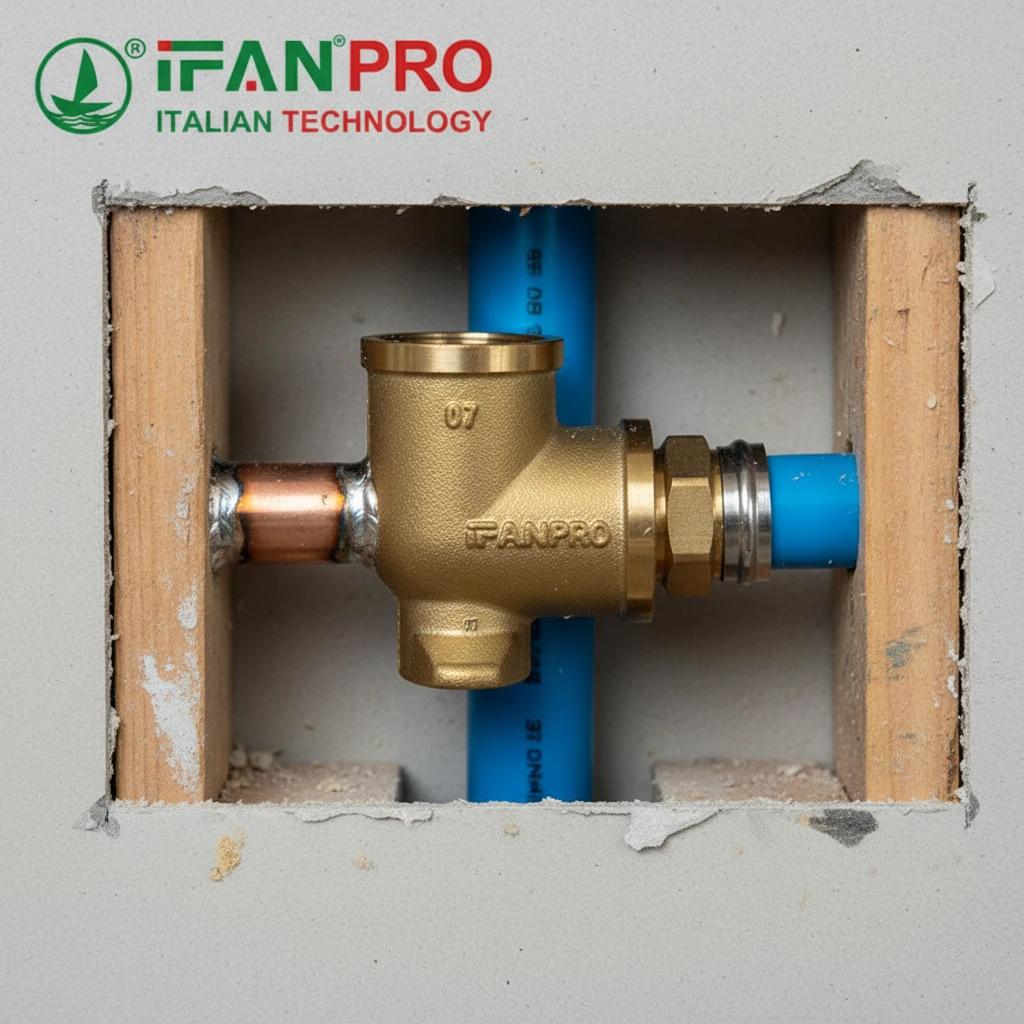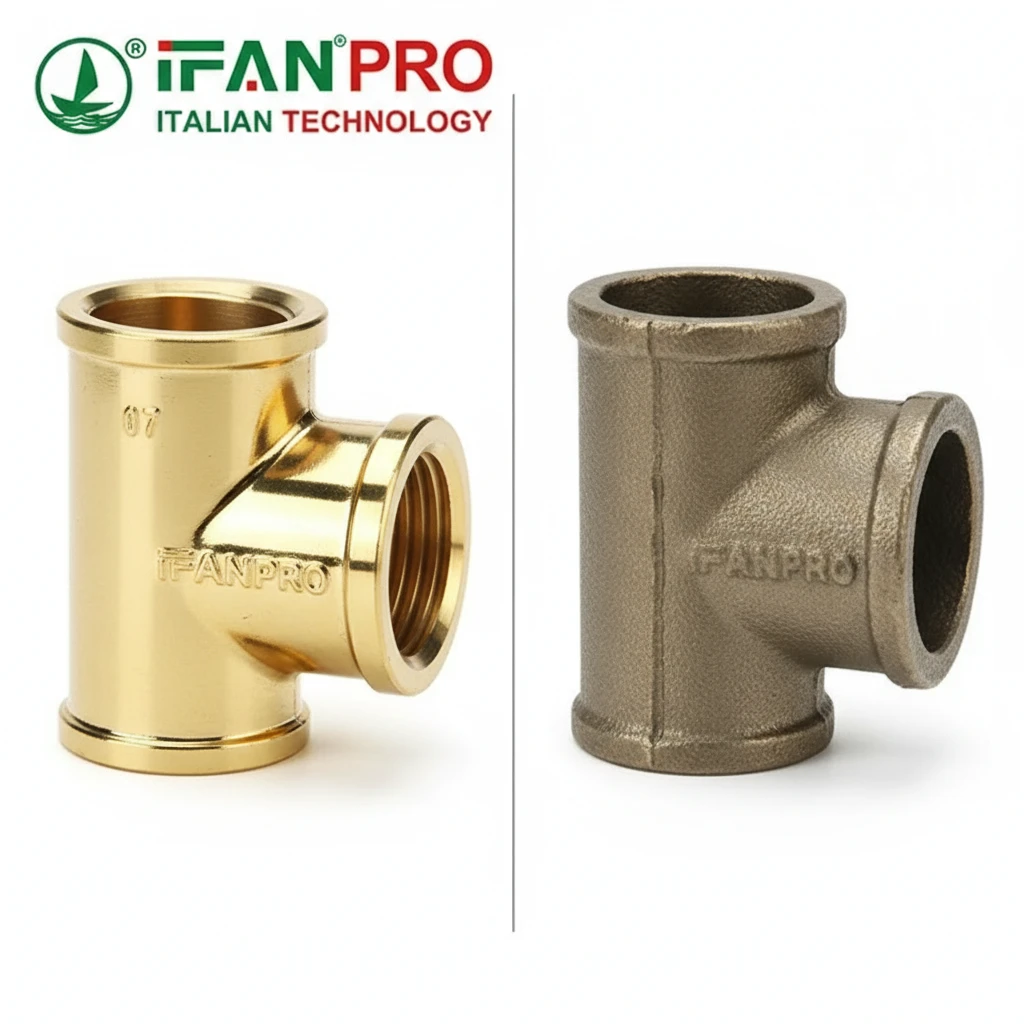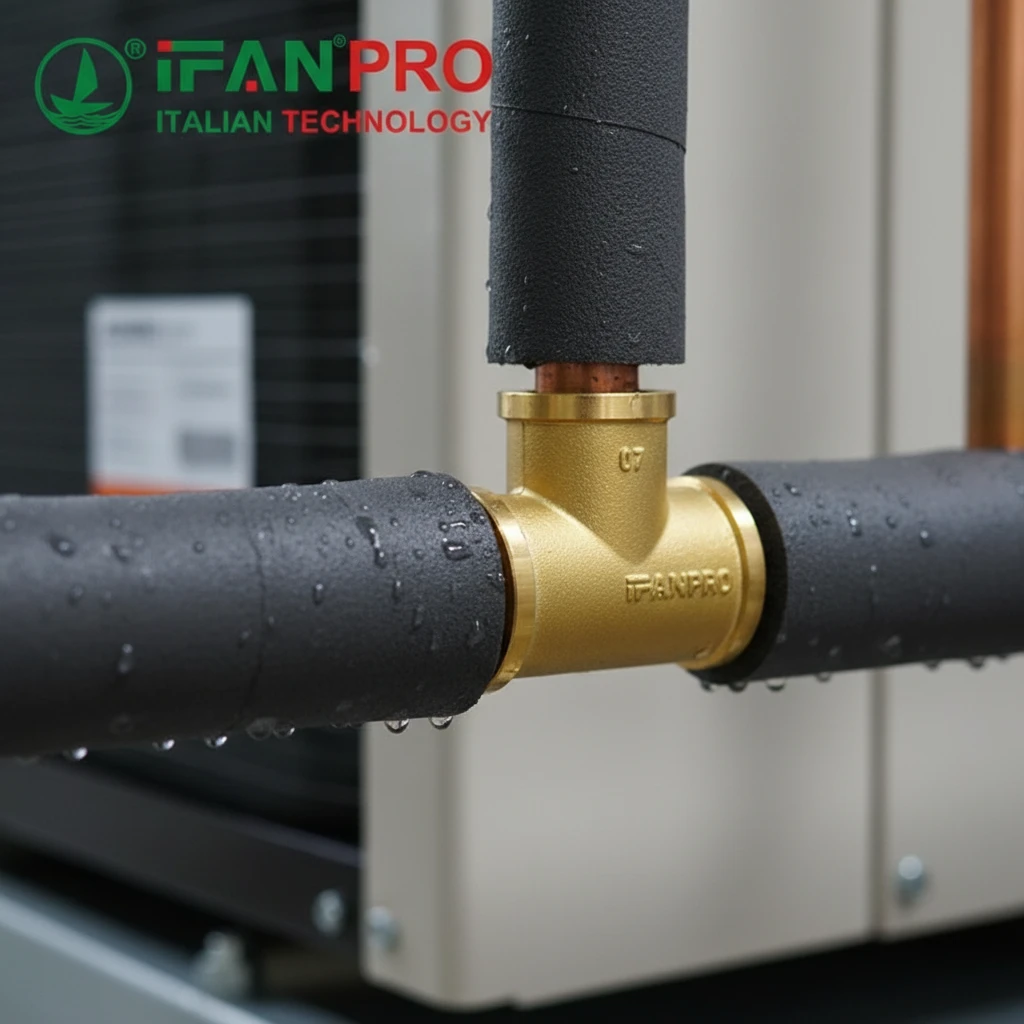When it comes to designing or upgrading a water supply system, safety is the top priority—especially when the water is meant for human consumption. The quality of the pipes you use can directly impact water purity, taste, and health. So, which pipe materials are considered safest for drinking water in modern plumbing systems?
In this article, we’ll explore the most commonly used pipe types, how they compare in terms of safety and longevity, and why PPR pipes are becoming a preferred choice in residential, commercial, and municipal water systems.
✅ Why Pipe Material Matters for Drinking Water
Choosing the wrong pipe material can result in:
- Chemical leaching into water (lead, BPA, etc.)
- Corrosion and contamination
- Bacterial growth due to surface roughness or poor design
The right material should meet potable water safety standards such as:
- NSF/ANSI 61 (U.S.)
- WRAS (UK)
- DVGW or KTW (Germany/EU)
🔍 Top Pipe Materials for Safe Drinking Water
Let’s break down the most trusted materials used globally:
1. PPR (Polypropylene Random Copolymer)
- ✅ Non-toxic and food-grade
- ✅ Resistant to chemicals and corrosion
- ✅ No heavy metals or plasticizers
- ✅ Smooth inner surface prevents bacteria growth
- ✅ Heat-fusion joints ensure leak-proof systems
- ♻️ 100% recyclable
Applications: Residential plumbing, hospitals, hotels, schools, and government infrastructure.
💡 At ifanpro, we manufacture high-quality DIN and ISO-certified PPR pipes ideal for clean drinking water systems, and we offer full customization and bulk orders for global clients.
2. PEX (Cross-linked Polyethylene)
- ✅ Flexible and easy to install
- ✅ Good resistance to scaling and chlorine
- ⚠️ Some concerns about long-term chemical leaching (varies by manufacturer)
Applications: Home plumbing, especially in the U.S. and Europe.
3. Copper Pipes
- ✅ Naturally antimicrobial
- ✅ Durable over decades
- ⚠️ Risk of metal leaching in acidic water
- ⚠️ Higher installation and material costs
Applications: Older buildings, premium homes, or regulated systems.

4. HDPE (High-Density Polyethylene)
- ✅ Excellent resistance to corrosion and impact
- ✅ Suitable for underground water mains
- ⚠️ Not as common for in-building installations due to rigidity
Applications: Municipal supply lines, rural water delivery.
5. CPVC (Chlorinated Polyvinyl Chloride)
- ✅ Better than PVC for hot water
- ⚠️ Contains chlorine-based chemicals
- ⚠️ Potential for taste or odor issues in drinking water
Applications: Low-cost residential plumbing in some regions.
🥇 Why PPR Is One of the Safest Pipe Choices Today
PPR pipes are widely adopted across Europe, Asia, and the Middle East for drinking water systems thanks to:
| Feature | PPR Advantage |
|---|---|
| Chemical Resistance | No leaching of toxins |
| Pressure & Temp | Withstands up to 95°C |
| Hygiene | Bacteria-resistant smooth inner surface |
| Longevity | 50+ year lifespan |
| Sustainability | Fully recyclable and eco-friendly |
| Jointing | Leak-free fusion welds (no glues or solvents) |
PPR is certified under DIN 8077/8078, ISO 15874, and NSF/KTW/WRAS standards, making it globally accepted for potable water use.
🌍 Where to Source Safe PPR Pipes for Drinking Water?
If you’re a distributor, contractor, or project developer looking for safe and certified piping solutions, consider ifanpro — a professional PPR pipe manufacturer based in China.
Why choose ifanpro?
- ✅ Food-grade PPR material
- ✅ Full compliance with DIN/ISO standards
- ✅ OEM/ODM services for branding
- ✅ Factory-direct pricing for wholesale buyers
- ✅ Fast lead time and global delivery
👉 Explore our catalog at ifanpro.com
✅ Conclusion
The safest pipes for drinking water are those that do not leach harmful chemicals, resist corrosion, and offer a long service life with minimal maintenance. While copper and PEX have their place, PPR is rapidly becoming the modern, eco-friendly, and hygienic choice for clean water delivery systems across the globe.
Looking to upgrade your water supply with trusted, high-quality piping? Choose certified PPR pipes from ifanpro — your global pipe solution partner.













Recent Comments